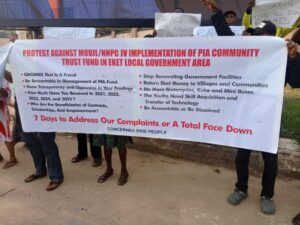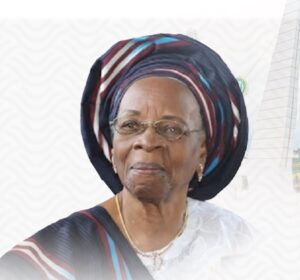In Equatorial Guinea, the government has placed new restrictions on WhatsApp, preventing users from sending or receiving photos, videos, and audio files when using mobile data. The move is reportedly aimed at controlling the spread of “inappropriate content” across the platform. However, it has sparked frustration among citizens who now rely on WiFi connections for sharing such files on WhatsApp.
This restriction follows a high-profile scandal involving Baltasar Engonga, head of the country’s National Financial Investigation Agency. Engonga’s name surfaced in a major controversy when authorities investigating a fraud case discovered hundreds of his private videos. These recordings, found on devices in his office, reportedly show him in intimate situations with several prominent people, including wives of senior government officials, police, and even relatives of the president.
The release of these videos online created a media storm and led the government to take swift action. However, many citizens argue that the restrictions on WhatsApp file sharing punish ordinary people for a scandal they were not involved in. “Why should everyone suffer because of one person’s actions?” a local resident questioned, reflecting a sentiment shared widely across Equatorial Guinea.
The lack of transparency has fueled public frustration. Without clear communication from the government on why or how long these restrictions will last, people are concerned about what this means for their right to communicate freely. Many fear that this move is less about content control and more about controlling public discourse.
Further, Vice President Teddy Nguema recently announced plans to install surveillance cameras in state offices to monitor employees, a step he claims will improve accountability and prevent misconduct among officials. However, some citizens worry this increased monitoring, along with the WhatsApp restrictions, signals a shift toward greater control over personal and public communication.
This restriction impacts citizens’ daily routines, as WhatsApp is not only used for entertainment but also for work and education. Many feel the move is extreme and burdensome, affecting people across the country who rely on these platforms for essential communication.







